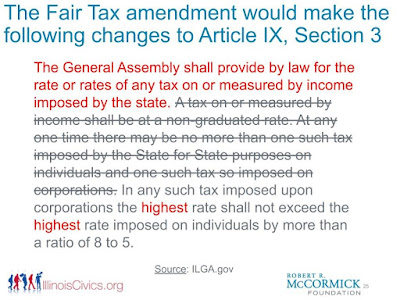Understanding the Illinois Civics Mandates

by Mary Ellen Daneels, Civics Instructional Specialist This fall, middle schools will join their colleagues in high school in requiring at least a semester of civics for students in the curriculum. The mandate goes beyond “what” to teach, but also “how” to teach using the proven practices of civic education. We kicked off our online summer professional development series on Wednesday, May 27 to support the implementation of the civics mandates in grades 6-12 . The Understanding the Illinois Civics Mandates webinar began by asking participants the simple question, “Why teach civics?” Their responses captured in the word cloud above, indicate the need to go beyond the traditional content measured on a constitution or citizenship test but pointed to deeper knowledge of democratic institutions, skills to navigate complex systems and work with others, and dispositions of civic engagement. Dr. Shawn Healy, Director of the Democracy Program at the Robert R. McCormick Foundat...


